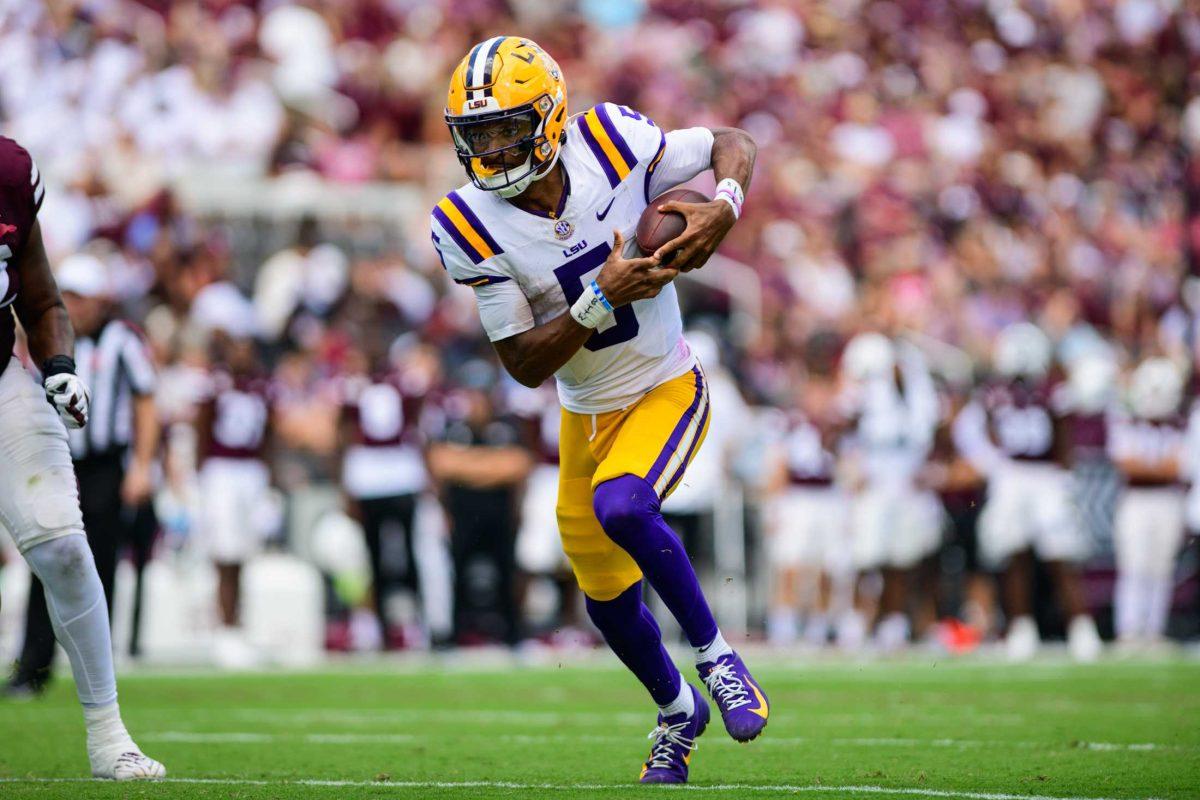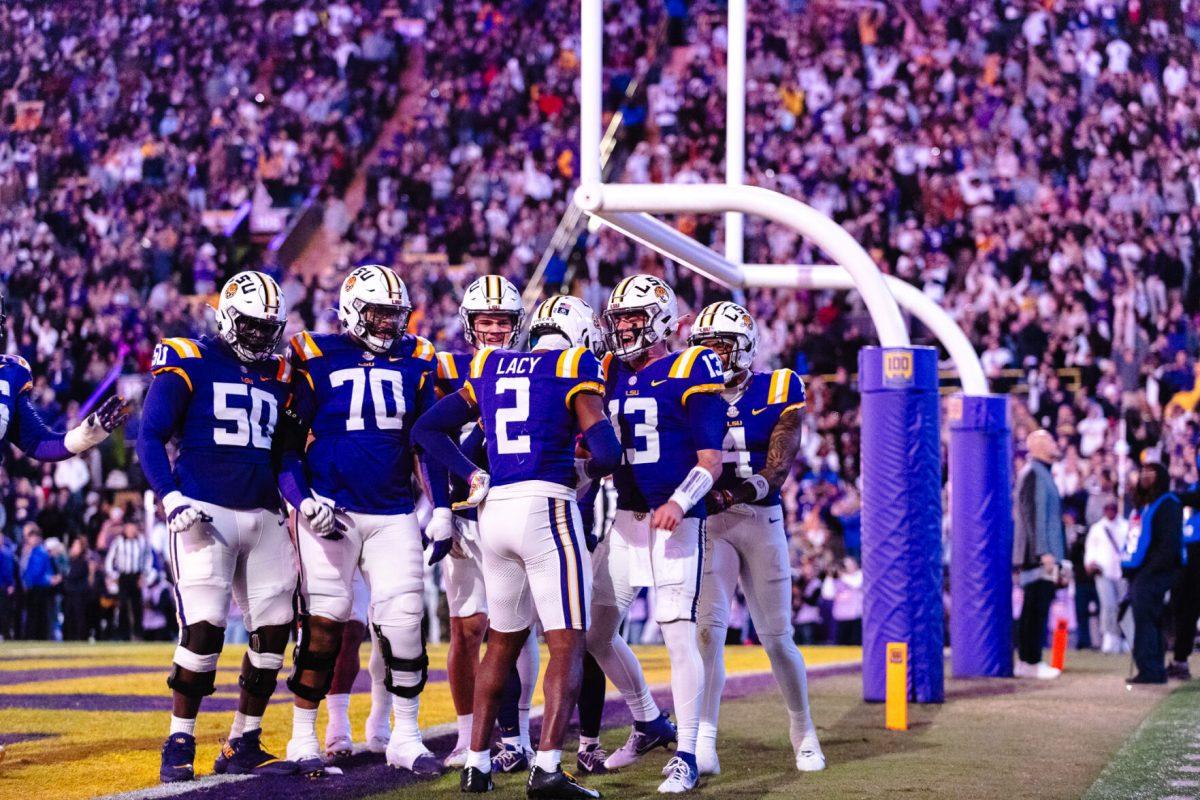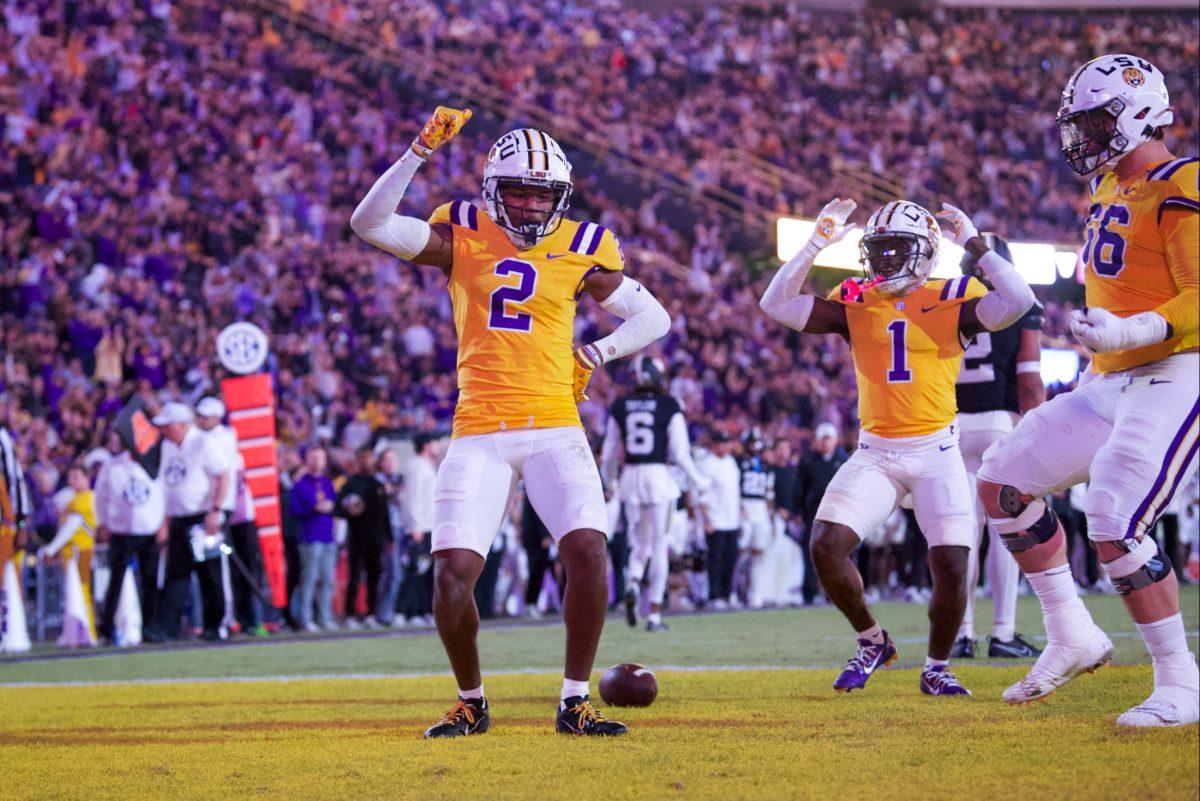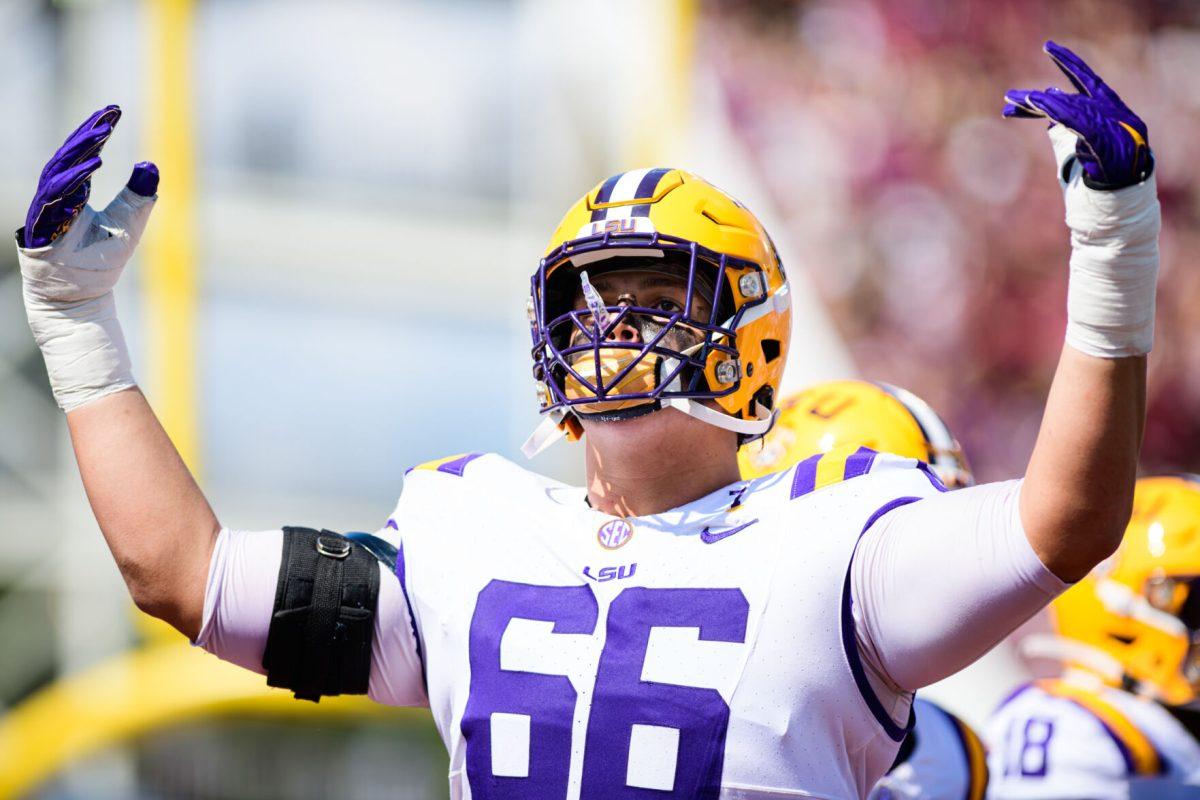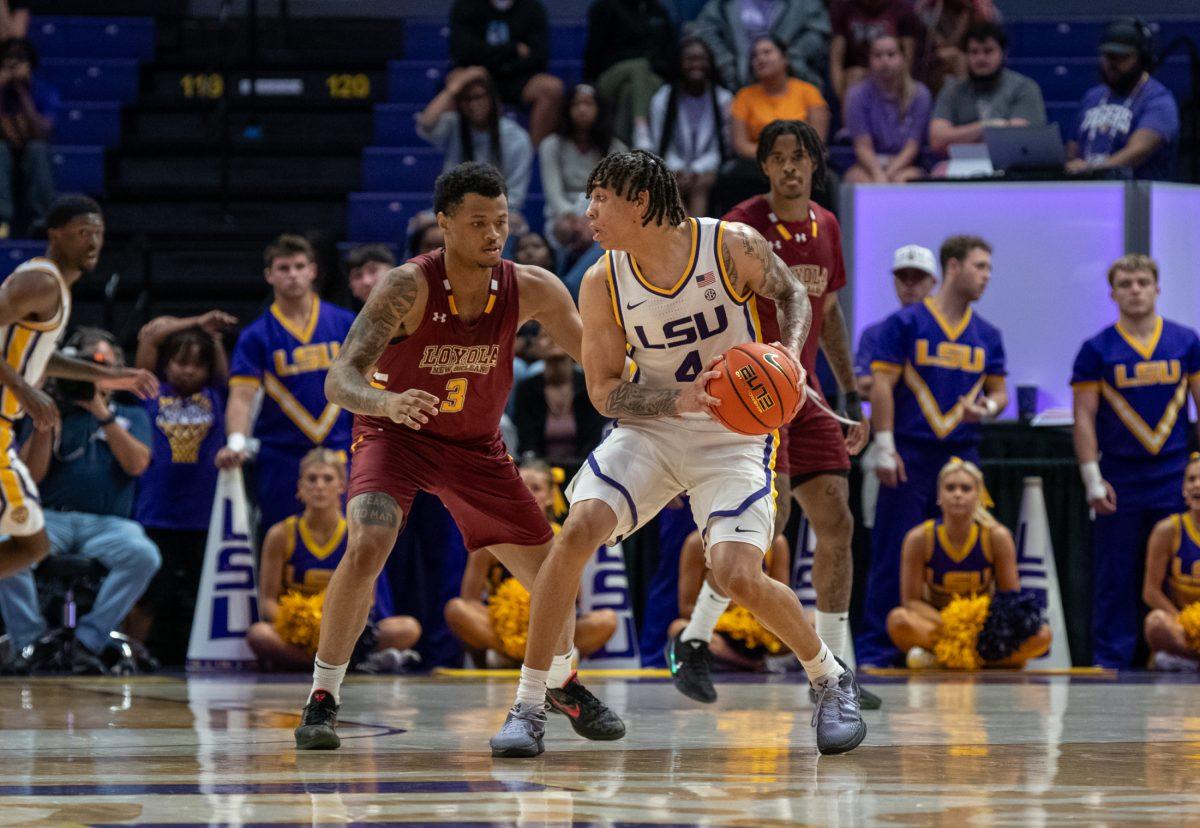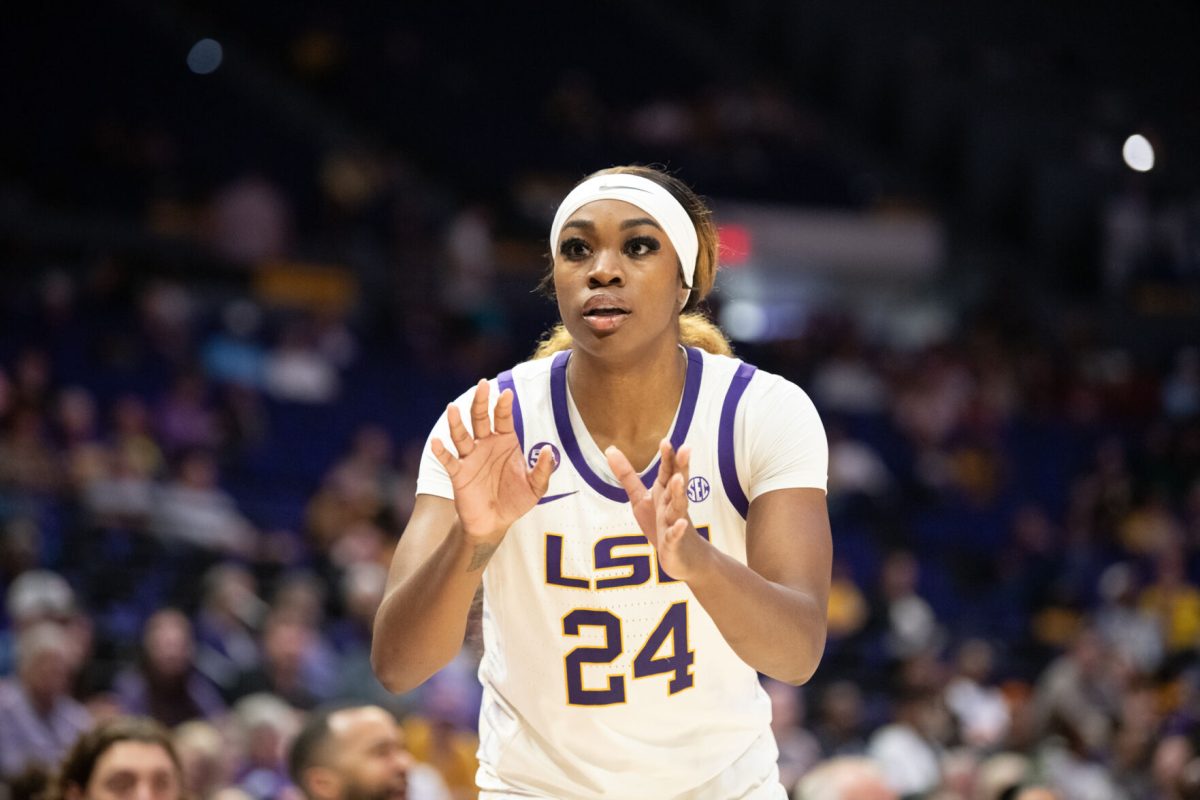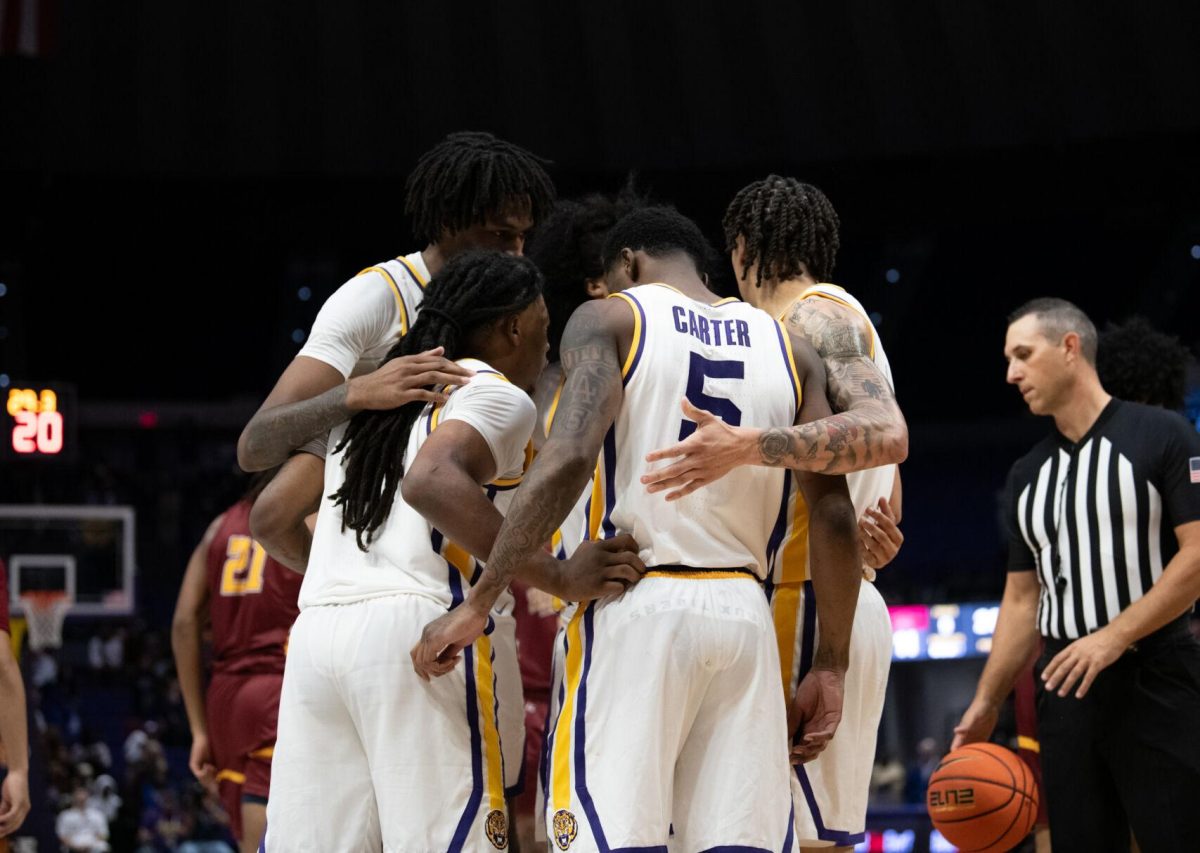Can statistics find the rightful winner of the Heisman Trophy?
In the 1980s and 90s, the NBA gave out an MVP award based solely on math: the IBM Award. The award was given to the most impactful player on the floor, taking out all the biases from the AP MVP voters and instead turning to what the objective stats say. The numbers don’t lie.
In 1992, right in the middle of Michael Jordan’s prime with the Chicago Bulls, the Detroit Pistons’ Dennis Rodman won the IBM Award. In 1999, when no one on planet Earth could stop peak Los Angeles Lakers Shaquille O’Neal, the Atlanta Hawks’ Dikembe Mutombo won the IBM Award.
How could this have happened?
The issue arises with the formula, where the player’s box score stats are all added up but divided by their team’s stats.
So Michael Jordan, the greatest player of all time, averaging over 30 points per game that season while leading the best team in the association to back-to-back NBA titles, had an IBM score nearly 20 points lower than Dennis Rodman because he was on a better team.
There’s a reason that this award was left in the past, with most NBA fans needing to learn about its existence. In the award’s nearly 20-year run, the regular season MVP won only three times. Context matters more than you’d think, and it turns out that using math to find the most impactful player In the NBA is not as objective as it sounds.
Is it possible to make a math formula to find the Heisman Trophy Winner?
With so many different positions on a football field, each position needs a different formula to calculate their impact on the game, using every counting box score stat and adding them all together to receive a score. Team success should matter, but help the player’s score, not hurt it like the NBA’s now-forgotten failure that was the IBM award.
The problem arises in ensuring each formula equals out because every position on the football field is different. The top quarterbacks rack up thousands of yards and tons more touchdowns than the top running backs and receivers, making this whole equal formula idea much more complicated than it sounds. It’s hard to even win the award without playing a quarterback in the first place.
Over the past 22 years, only two running backs, Alabama’s Mark Ingram and Derrick Henry, and one wide receiver, Alabama’s Devonta Smith, have won the award. The rest were all quarterbacks.
The last defensive player to win the award was Michigan cornerback Charles Woodson in 1997. Looking at the favorites to win the Heisman Trophy this season via Caesar’s Sportsbook, only one non-quarterback has scratched the top 10: Georgia tight end Brock Bowers, who currently sits at ninth.
It’s hard to win the Heisman Trophy without being a quarterback in today’s college football landscape.
This also makes trying to have an equal formula for each position on the field very challenging.
Is this even possible?
With non-quarterbacks being out of the picture in the grand scheme of this season’s Heisman Trophy race, we can still make a formula for the quarterbacks. Here it is:
Total Yards + (Total TDs x 100) + 25 (For each win over any AP Top 25 Team) + 10 (For each win against any non-AP Top 25 Competition) / (Total TOs x 100) + 25 (For each loss to any AP Top 25 Team) + 10 (For each loss against any non-AP Top 25 Competition)
This formula includes all the essential box score stats for the quarterback position, rewarding quarterbacks who consistently lead their teams to victory while punishing those who can’t get the job done.
Using the formula, here’s Caesar’s Sportsbook’s 10 favorites to win the Heisman Trophy Winner, but with a score next to them:
Michael Penix Jr. – 18.245
Caleb Williams – 48.06
Bo Nix – 32.11
Dillion Gabriel – 21.31
Drake Maye – 7.63
Jayden Daniels – 18.98
JJ McCarthy – 9.61
Jordan Travis – 27.82
Brock Bowers (N/A TE)
Kyle McCord – 22.4
The player with the highest score by far is Caleb Williams. USC is one of the few teams on this list who have yet to have its bye week, so the numbers are somewhat skewed, but Williams’s dual-threat ability is unmatched and makes him one of the most dangerous players in the NCAA.
LSU’s Jayden Daniels was heavily penalized due to the Tigers’ lack of success against AP Top 25 opponents this season. The favorite, Michael Penix Jr., doesn’t run at all or account for as many touchdowns for the Huskies as Williams does for the Trojans, negatively affecting his score.
But like the IBM Award that failed to find the most impactful player in the NBA, so can this formula. There’s a reason voters are polled to decide who deserves to win these awards: sometimes, most of the time, the numbers will lie right to your face without the proper context.
Penix is leading statistically the best offense in the country and has put the Washington Huskies on the map this season. While Williams has been great, and USC is undefeated, the Trojans haven’t played against a single AP Top 25 team and have played down to their competition in nearly every one of their games.
With plenty of football left to play, plenty of movement is bound to happen with these numbers, but will this formula correctly pick the Heisman Trophy Winner at the end of this college football season?
That is yet to be seen, and with the incredible amount of turnover happening in college football weekly, the possibilities are endless.
Numbers don’t lie: How a math formula could help decide the Heisman Trophy
By Ethan Stenger | @allthingsethan
October 13, 2023
Reagan Cotten
LSU football senior quarterback Jayden Daniels (5) runs the ball on Saturday, Sept. 16, 2023, during LSU’s 41-14 win over Mississippi State in Davis Wade Stadium in Starkville, MS.
More to Discover



